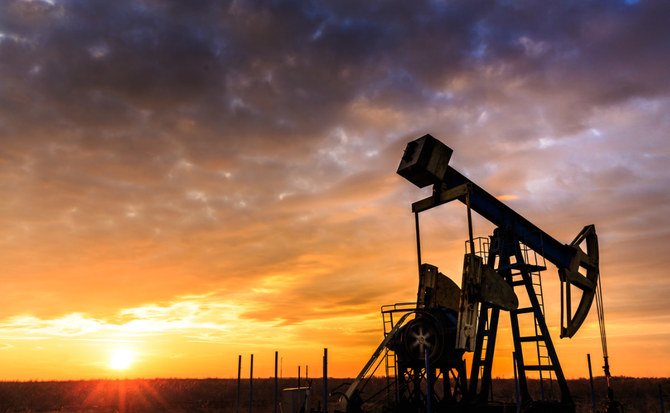DENVER: Top US shale oil producers say they remain laser focused on shareholder returns, limiting production expenditures largely to offset higher costs for equipment, supplies and services.
The decision likely will hold down oil output increases while benefiting shareholders receiving higher payouts through dividends and share repurchases with US crude prices above $95 per barrel.
Devon Energy this week raised its capital spending budget about 6 percent to between $2.2 billion to $2.24 billion, in part due to inflationary pressures.
It has a $2 billion share buyback authorization in place, and said it could seek approval for additional purchases after raising its cash dividend by 22 percent from the prior quarter.
Midland, Texas-based Diamondback Energy reiterated its focus on returning free cash flow to shareholders, and said it had boosted its stock repurchase authorization to $4 billion, from $2 billion.
It expects to return 63 percent of its free cash flow to shareholders, topping a previous target of 50 percent.
The shale producer said well costs have climbed about 15 percent year-over-year, with hydraulic fracturing and drilling costs up about 10 percent. It said lease operating costs are up about 50 cents, to between $4.50 to $5 per barrel, due to higher power costs in Texas. It plans to run 12 rigs and three hydraulic fracturing crews in the second half of the year.
Both companies lifted their full-year production guidance, with Devon now forecasting output to average 600,000 to 610,000 barrels of oil and gas per day, versus 570,000 to 600,000 bpd previously.
Diamondback ramped its forecast to as much as 380,000 bpd, from up to 376,000 bpd previously.
Devon Chief Executive Rick Muncrief said he is “not as bullish” on overall US production growth for the second half of the year, and that he anticipates even the Permian — the largest US producing basin — could see growth moderate amid supply chain constraints.

